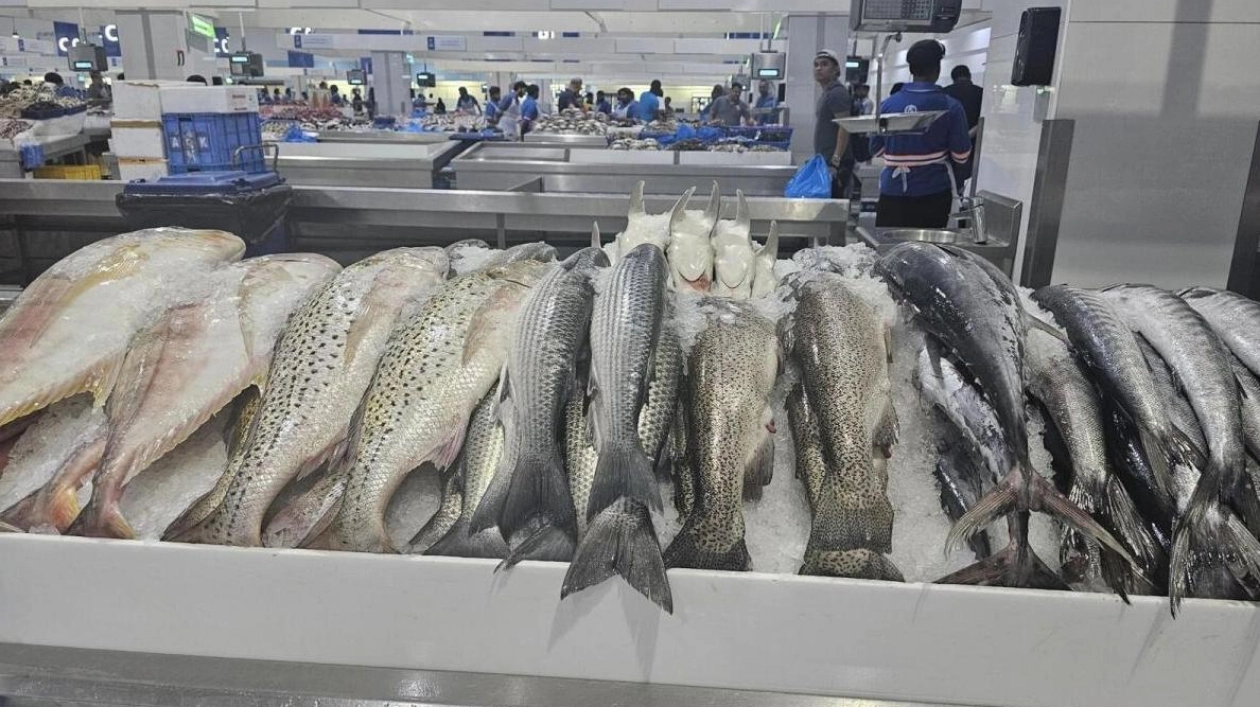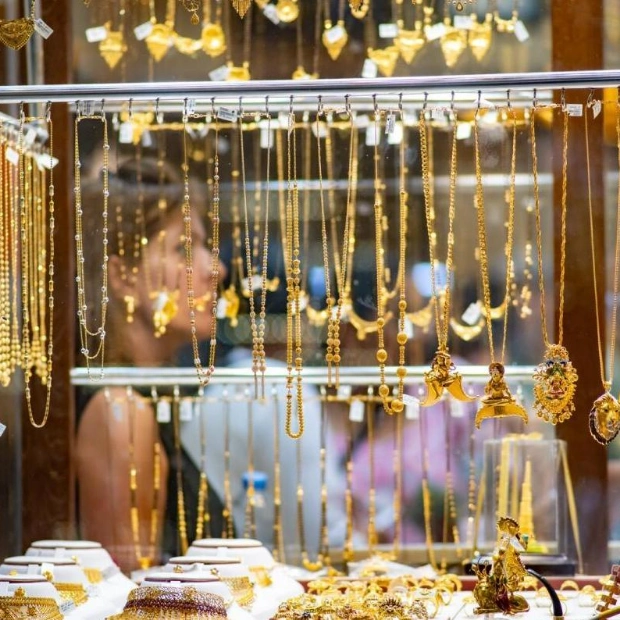Photos: SM Ayaz Zakir
Fishmongers have observed price fluctuations, attributing the instabilities to ongoing regional tensions. Although costs for fresh produce have risen in markets across Abu Dhabi, Dubai, and Sharjah, traders in Kalba and Khor Fakkan have maintained more stable pricing. Muhammed Yakub, a resident of Abu Dhabi who regularly buys fresh catch from a mall, was surprised when he had to pay more for his seafood this time. “I have been travelling for the last month and have not been shopping. When I returned last week, I went to buy seafood and was taken aback by the prices,” said Yakub. “I enquired with my cousins in Dubai about the price surge and was informed that the scenario was the same as in Abu Dhabi. My favourite fish now costs nearly 70 per cent more than what I used to pay just a few weeks ago.”
Mohammed Khalid, a resident of Lulu Village in Al Qusais, visits the Deira Waterfront market every two weeks to buy vegetables, fruits, meat, and fish. However, during his most recent visit to the fish section, he noticed that the prices of his favourite fish had doubled. “My vendor explained that many boats are not venturing into the ocean due to the regional conflict, leading to the price hike,” said Khalid. “Every fortnight, I usually spend about Dh200 on seafood and get around 8kg, but this time, I settled for just 4kg,” he added.
Ashfaq, an engineer at a telecom company, shared a similar experience. “My usual vendor, who previously gave us a good discount, asked us not to request any price cuts.”
Sales affected Fish sellers at a market in Dubai said the surge in prices has resulted in customers reducing the quantity they buy. “Many of our loyal customers are now hesitating to buy expensive seafood. Instead of buying their usual amount, they are taking nearly half,” said Shahrez Khan, a vendor at the market. “Because of the lower sales, we do not stock large quantities. People who come here expect fresh catch, and once it loses freshness, we can’t sell it,” he added.
Another vendor said the prices of some seafood varieties have surged instead of falling. “Usually, prices decrease at this time of year due to the abundant catch, but this year is different,” said Samad Alangar. He noted that the price of a fresh large Hammour, typically between Dh25 to Dh35 per kg, has now soared to over Dh55 at most stalls. Other popular species have also seen price hikes. “Sheri, which is normally sold at Dh15 to Dh20 per kg, now starts at Dh30, while seabass and seabream, priced at Dh25, are now selling for Dh35,” added Alangar.
Slight price increase in Sharjah According to traders at a market in Sharjah, there has been a “slight increase” in seafood prices due to the unavailability of certain types. “Here, the rates are not set by individual stalls like in other markets across the country,” said Muhammed Hashim, a fish vendor. “They are standardised and there is no bargaining.”
Fish traders in towns such as Kalba and Khor Fakkan said prices have not increased. Mohammed Apkar, a fish trader, explained that the local market only sells seafood caught from nearby waters. “In the eastern towns, smaller boats go out for fishing and do not venture deep into the sea. This has prevented any significant impact on pricing,” said Apkar. “Boats from other countries do not anchor here to deliver their catch. Instead, they travel to larger cities like Dubai, Abu Dhabi, and Sharjah to sell their seafood,” added Apkar.
Source link: https://www.khaleejtimes.com






